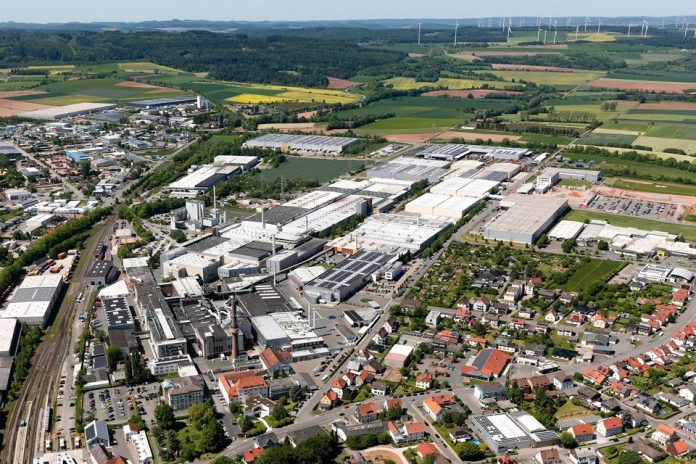The Continental tire plant in Korbach, Germany, recently became the company’s fourth plant to receive the International Sustainability and Carbon Certification (ISCC) Plus sustainability certification.
This globally recognized standard certifies that Continental meets specific sustainability documentation requirements relating to the use of more sustainable materials. It also confirms the transparent traceability of the raw materials used in the production process.
Certification of the raw materials enables Continental to ensure the end-to-end traceability of materials from renewable and recycled sources. For the premium manufacturer, this is a further step on the way to 100 percent sustainable materials in its tire products by 2050 at the latest. In addition to the tire plant in Korbach, the plants in Lousado (Portugal), Hefei (China) and Puchov (Slovakia) are already ISCC Plus-certified production sites of Continental Tires.
The certification was based on compliance with and documentation of certain processes for the mass balance of raw materials. The mass-balance approach mixes fossil, renewable and recycled raw materials in existing systems and processes. The quantities used are tracked along the entire value chain and can therefore be allocated proportionately at any time. The mass-balance approach enables Continental to gradually increase the proportion of sustainable materials in its products. It ensures that the share of certified sustainable materials can be accurately reported.
“We are consistently increasing the amount of renewable and recycled materials in our tires. Certifications contribute to transparency,” says Jorge Almeida, Head of Sustainability at Continental Tires. He adds: “Our ambition is to roll out the mass-balance approach to all of our tire plants worldwide.”
International Sustainability and Carbon Certification (ISCC) was established in 2010 as part of a multi-stakeholder initiative and is a globally applicable and leading certification system aimed at promoting a traceable, sustainable, deforestation-free and climate-friendly supply chain.
ISCC certifications are widely recognized and encompass sustainable agricultural biomass, biogenic waste and residues, non-biological renewable materials, and recycled carbon-based materials. The development and implementation of various certification standards is ISCC’s tool for furthering its mission to mitigate climate change and bring greater traceability to global markets and supply chains.
In addition to car tires, including high-performance (UUHP) tires for technologically advanced vehicles, the Continental tire plant in Korbach also produces bicycle tires. These are specifically designed for professionals such as riders taking part in the Tour de France. The Korbach site has more than 3,600 employees.




